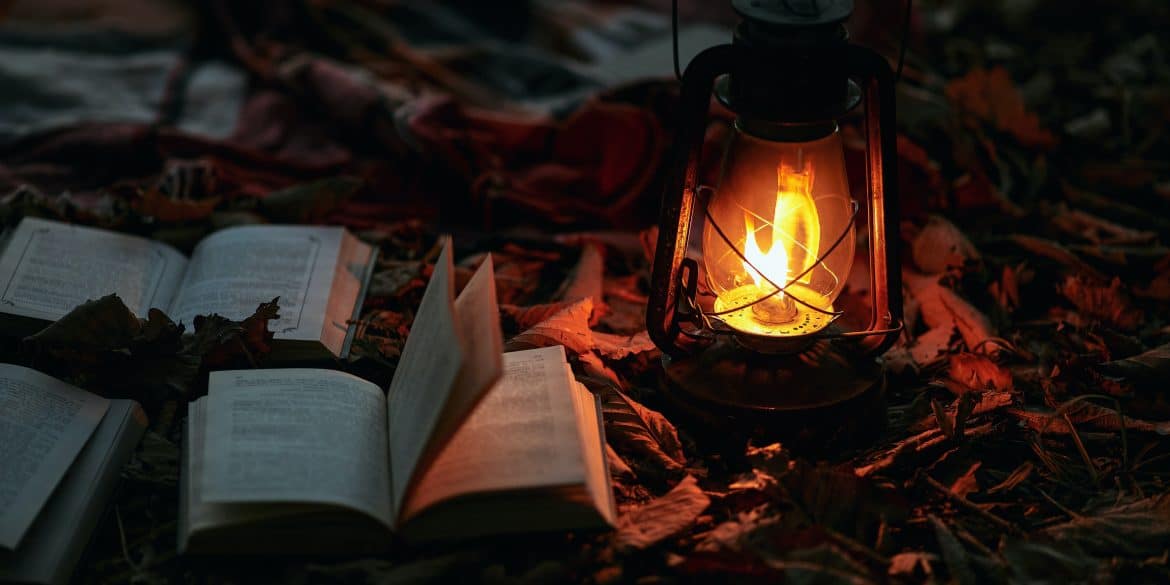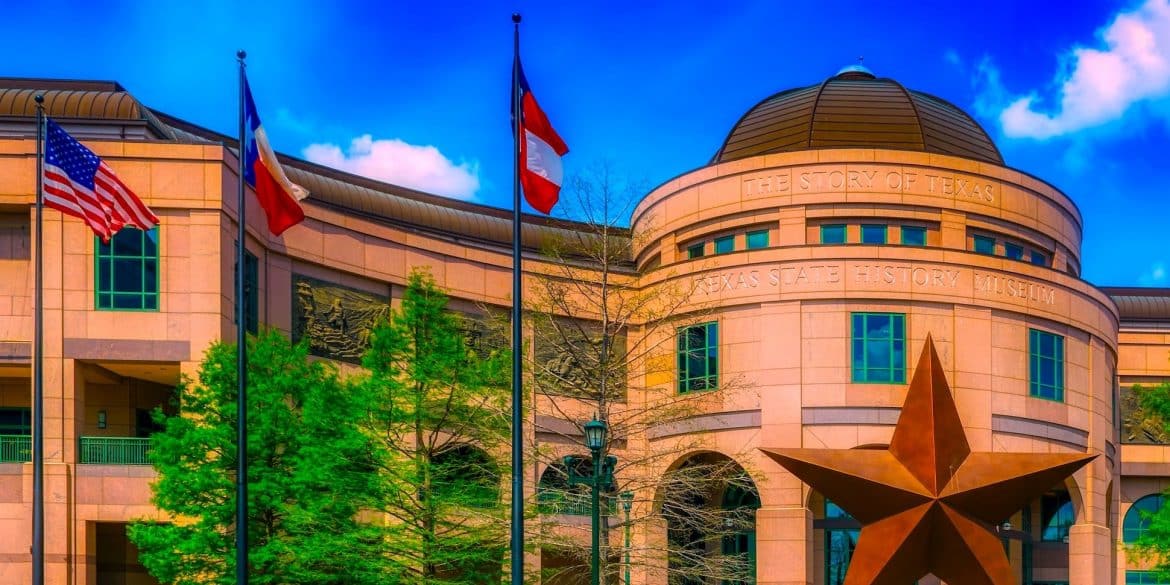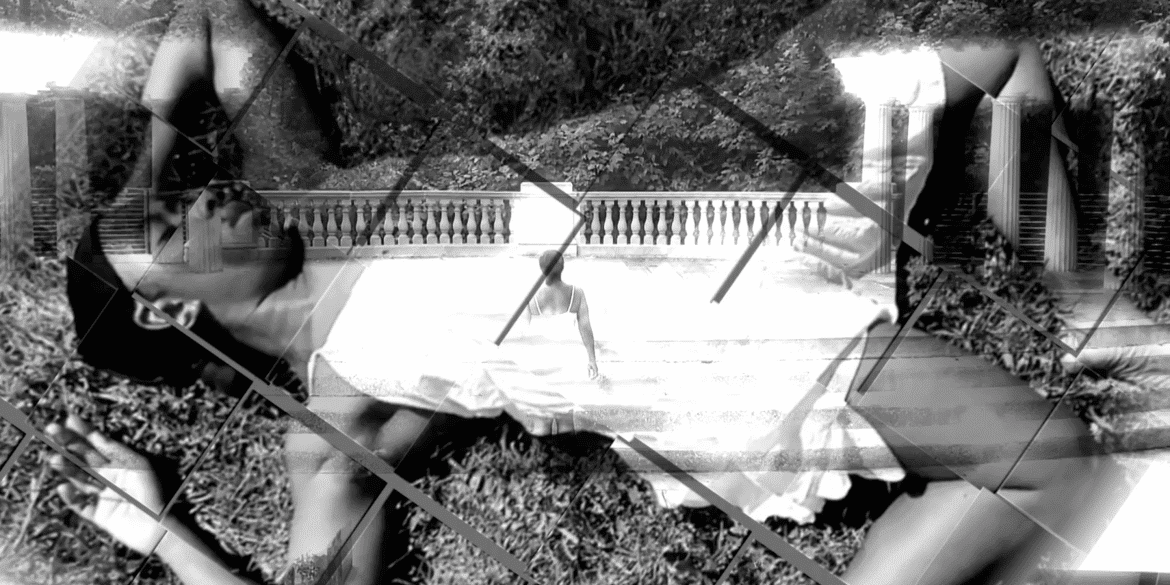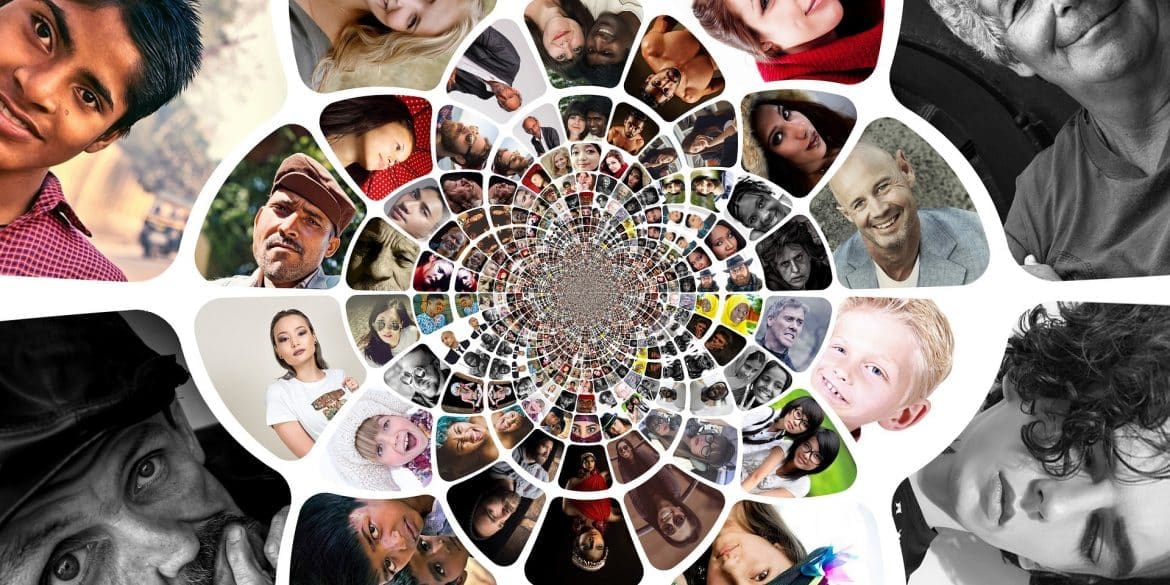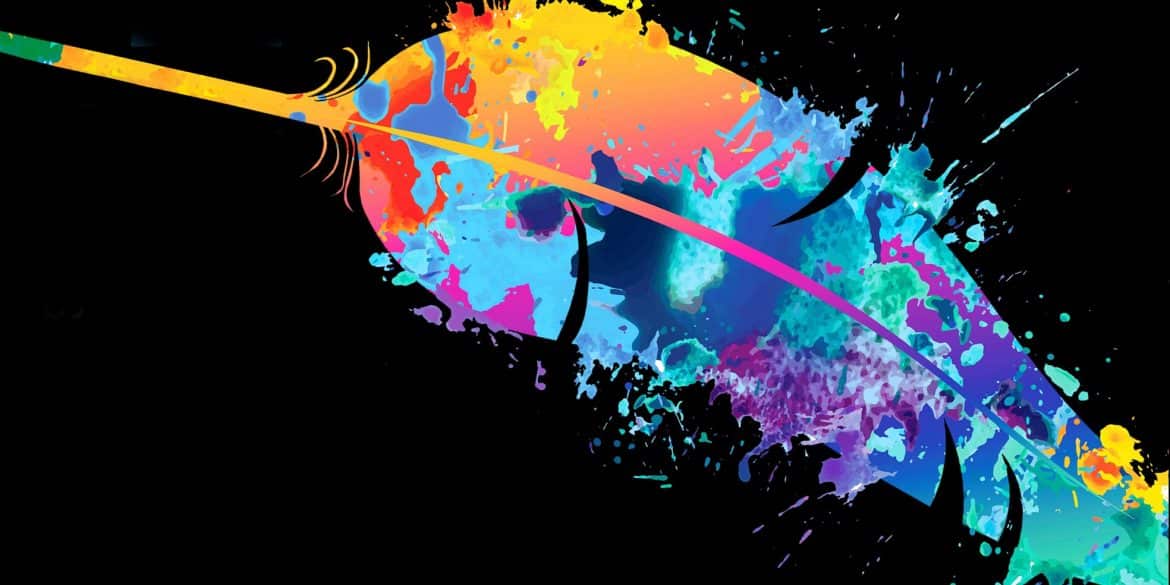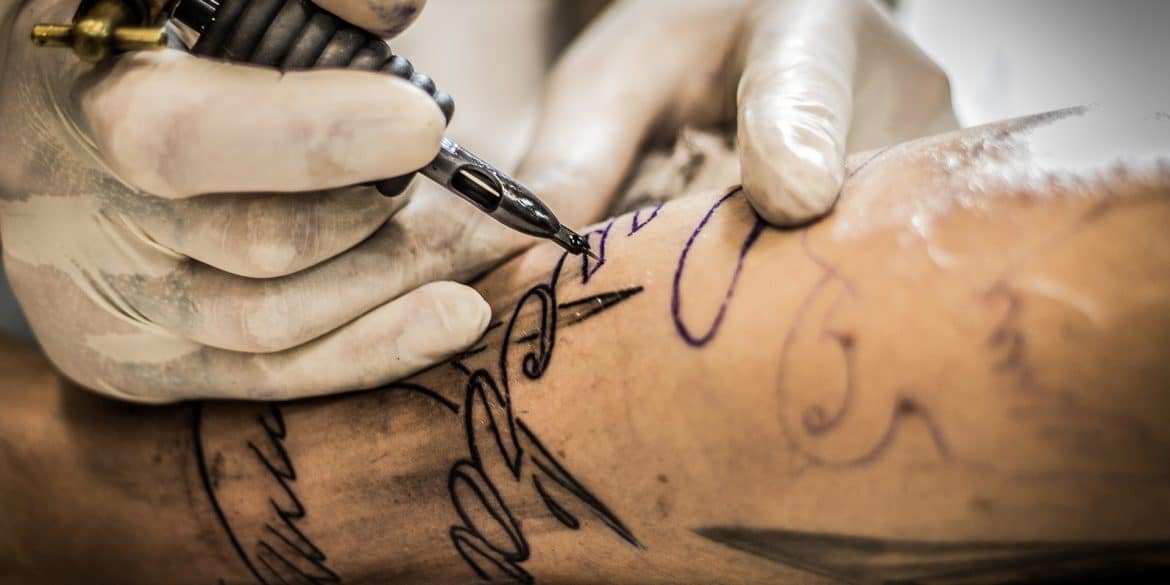"I see myself as someone whose organic inquiry and teaching are shaped by radical love, and I am willing to let myself be changed by my students."
"This autoethnographic essay explores in a (hopefully) creative way ideas about social class in relation to my own negotiations of identity and upbringing in eastern Sydney, Australia."
"How universal homesickness is, even for those who didn’t come from the best homes; these salmon came from Concrete, Washington, and they still fight like hell to come back every single year."
"Censorship via banned books is an attempt to censor the future but the youth of today will not allow their voices to be silenced."
“Woken Word” was born as my inner voice was awakening and the world, ironically was becoming “woke” while simultaneously retreating into isolation.
How do creatives find joy in artistic performance as a form of black feminist autoethnography? Podcast & video.
"Marlen Harrison and Edward Perrin enjoyed an opportunity to volunteer with Miami-based Global Empowerment Mission (GEM) to create family necessity kits for those affected by Hurricane Ian."
"The AutoEthnographer is committed to diversity, equity, & inclusion in its administration; support of emerging authors and artists; & celebration of creative expression as a vehicle for shared understanding & positive change."
In this new issue, we introduce our podcasts, our first spoken word and sung performances, and continue our coverage of evocative creative expression.
"In our latest chat, Patricia Leavy discusses the evolution of the self-coined social fiction genre and offers a sneak peek at her latest publication, Film Blue."
Editor Guillermo Gil's latest book review - The Autofictional: Approaches, Affordances, Forms - explores definitions and uses of autofictional writing.
"My research on tattoo meanings utilised autoethnographic accounts of practice to increase understanding of tattooing as practice & profession."





